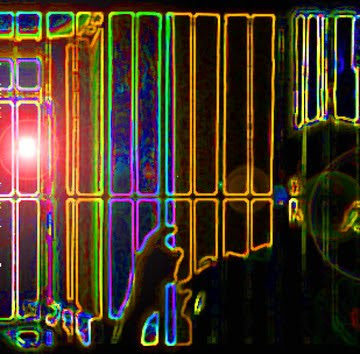*

The following gem popped up in my spam box:
My dear friend!Come with me to the clover field...
Let our laughter serenade the night, among the red lilies still in bloom.
Make me a bed of purple passion beneath the starry autumn night...
And you will have my sensual heart before the night dissolves into light.
I have no secrets to hide from you. All that I am is yours to keep.
Fear not my hand should leave yours because two our souls are now entwined as one.
Sometimes I cannot find those words to let out what is inside
because you are holding the keys of my heart. I know that I can love you
if you're ready and willing to try. I want to be your best...
Take my hand, take my heart, live in love and bring light in the dark
All I want is you... and you can have me too...Hugs and kisses
Nika

Most of the time, I don't even read my email spam; I simply delete it.
However, for some reason, I clicked on this message--I think because the subject line said, "I like you!" And who doesn't like to be liked?
The message did not disappoint--What a charming piece of purple prose!
Come on.
Admit it! You have written your share of turgid prose, in both Macedonian and English. I know I have--well, maybe not in Macedonian.
In this "bonus" prompt, I challenge you to write a narrative non-fiction piece, about any event or person from your life, using the most overwritten prose that you can muster.
Then go back and edit out every adjective and adverb.
Compare the two pieces.
Between the two drafts, you just may have the beginning of a polished piece of writing.
*












